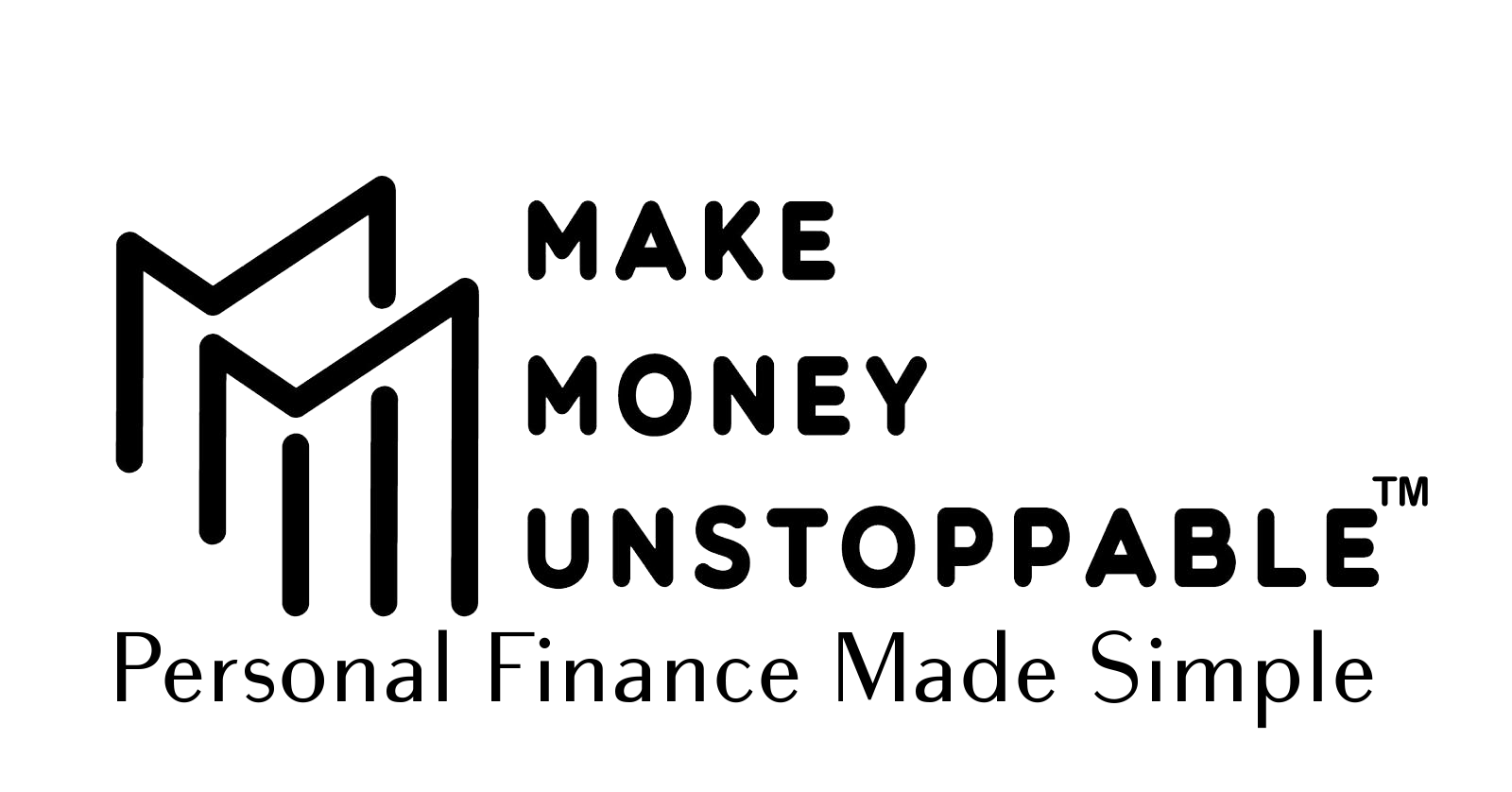
The Hidden Cost of Not Talking About Money
How Financial Silence Undermines Your Wealth, Relationships, and Mental Health
Money is woven into the very fabric of society and in nearly every decision we make, yet it remains one of the most avoided topics in everyday conversation. Whether it’s fear of judgment, lack of knowledge, or cultural conditioning, many people choose silence over transparency. But this silence comes at a cost: emotionally, relationally, and financially. We can kick the can down the road for now, but someday we will be forced to talk about it, usually at times of turmoil and adversity.
This blog helps explore the real-life consequences of financial silence and offers practical strategies to help readers break the cycle, build financial literacy, and create a healthier money
Last Updated: June 9, 2025

Disclaimer:I am not a licensed financial advisor, financial planner, tax professional, or attorney. The information provided in this blog is for general informational and educational purposes only and should not be construed as professional advice. Always consult with a qualified expert before making financial, legal, or tax-related decisions.
Why People Avoid Money Conversations
Financial silence is often rooted in deep psychological and cultural factors. It may also depend on how you were brought up and the circle of family or friends with whom you spend your time more often. Money habits tend to stick and are usually in tune with the mindset of your circle. Understanding these barriers is essential to overcoming them.
1. Shame and Guilt
Many people feel embarrassed about their financial situation, whether it’s debt, earning a low income, or poor spending habits. This shame may lead to secrecy, which only worsens the problem over time. For Example, someone with credit card debt may avoid discussing finances with their partner, fearing judgment or conflict. This secrecy can lead to missed opportunities for early support and joint planning.
Many people feel embarrassed about their financial situation, whether it’s debt, earning a low income, or poor spending habits. This shame may lead to secrecy, which only worsens the problem over time. For Example, someone with credit card debt may avoid discussing finances with their partner, fearing judgment or conflict. This secrecy can lead to missed opportunities for early support and joint planning.
2. Fear of Conflict
Money can be a trigger for arguments, especially in relationships. To avoid tension, people may choose silence, hoping the issue will resolve itself. It rarely does.

3. Cultural Conditioning
In some cultures, money is considered a private matter. Talking about income, expenses, or financial goals may be seen as inappropriate or boastful.
4. Lack of Financial Literacy
When people don’t understand basic financial concepts, they may feel unqualified to participate in money conversations. This insecurity may lead to avoidance and missed learning opportunities.
5. Family Dynamics
Many people have grown up in households where money was never discussed openly. This has set a precedent for silence that has carried into adulthood, even to this day. Moreover, money skills are never taught in school. This keeps most of us in financial ignorance and darkness on matters related to money.
Unlock your financial freedom.
Download this FREE eBook!.
How to make $100,000/month? Stop being average and think big.

Stop Settling. Start Scaling.
Unlock the mindset, systems, and strategies top earners use to build unstoppable income.
Think Bigger. Earn Smarter.
This free eBook serves as your blueprint for scaling quickly, earning relentlessly, not settling for mediocrity, and living life on your terms.
Inside, you’ll discover:
- The Millionaire Mindset Blueprint
- Income streams that run on autopilot
- Entrepreneur hacks for focus and financial dominance
- One strategy to launch multiple income streams
- How to break free from “just enough”
- Tools to crush limiting beliefs and build your empire
Average doesn’t scale. Vision does. Download now and start your $100K/month transformation.
Yes, this eBook is free. Just drop in your email here to get instant access. ONE eBook per email.
The eBook is sent automatically and should arrive within minutes. Depending on your email provider, it may appear in your Spam or Promotions folder. While we don’t control its exact placement, you can be confident it has been dispatched and is waiting for you.
PLUS: Get Access to exclusive financial tips, learn everything about money and get early blog updates – delivered directly to your inbox .
Emotional Consequences of Financial Silence
Avoiding money talk doesn’t just affect your finances. It may also impact your emotional well-being in many profound ways.
1. Chronic Stress
Uncertainty about finances may lead to persistent anxiety and depression. Without having clarity or a plan, even small financial decisions can feel overwhelming.

2. Low Confidence
When you don’t talk about money, you miss getting new chances to learn and grow. This can erode your confidence in managing your finances, making you feel powerless.
3. Isolation
Financial struggles are common these days, but silence makes them feel unique and stand out. People may feel lonely when it comes to their money, unaware that others are facing similar issues.
4. Decision Fatigue
Managing money without support or input can lead to burnout. Constant decision-making without collaboration may increase mental load and reduce clarity.
Relationship Struggles Rooted in Money Avoidance
Money is one of the top sources of stress and tension in any relationship. Silence around finances can lead to misunderstandings, resentment, and even breakups.

1. Hidden Spending or Debt
When partners don’t communicate about money, one may hide purchases and debts. This may erode trust and create emotional distance.
2. Mismatched Financial Goals
Without open dialogue, couples may have conflicting priorities; one may want to save for a home, while the other may want to spend freely. This misalignment causes friction.
3. Unequal Contributions
In any relationship, unclear expectations around bills or expenses can lead to resentment. Silence prevents a fair negotiation.
4. Generational Gaps
Parents and children often avoid money talk, missing opportunities to pass down financial wisdom and knowledge. This may further take them deeper in the hole through their financial ignorance and illiteracy.
The Financial Cost of Avoidance
Silence around money can lead to real financial consequences, many of which compound over time. It does not just go away or vanish.

1. Uncontrolled Debt
Without a plan or accountability, debt can spiral. Avoiding conversations about repayment strategies or budgeting may often lead to missed opportunities for improvement or being accountable.
2. Missed Savings Goals
People who don’t discuss their financial goals often fail to meet them. Whether it’s saving for a home, education, or retirement, silence may ultimately lead to stagnation.

3. Overspending
Without a budget or shared financial plan, it’s too easy to overspend. This may lead to stress, regret, and long-term financial instability.
4. Poor Credit Health
Neglecting financial responsibilities, such as paying bills on time or keeping track of your credit score, can damage your score and thus limit future financial and investment opportunities.
5. Limited Wealth Building
Avoiding conversations about investing, saving, and financial planning means that you may be missing out on growth. Silence may keep people stuck in survival mode with no room for growth.
Career and Income Impacts
Financial silence may extend into the workplace, where it can limit earning potential and career growth.
1. Underpaid Roles
Many people may accept initial offers for employment without any sort of negotiation or market awareness. This may mean that they may be getting paid lower than what the current market rates dictate. Unless someone is familiar with it, they may be leaving money on the table. Silence around compensation may lead to long-term income gaps.
2. Unclear Benefits
Individuals who may not ask the right questions may be missing out on valuable benefits and other perks. Financial awareness is the key to opening doors. There is a saying: We cannot feed a closed mouth. If we do not ask, we will not receive.

3. Missed Advancements
Without clear financial goals, people may not pursue promotions or undergo additional training to expand on their current skills, which could increase their earning potential.
4. Lack of Advocacy
Silence may prevent people from advocating for fair treatment, equal pay, or workplace transparency.
Financial Literacy: The Key to Confidence
Financial literacy is the antidote to silence. It may help empower individuals to make informed decisions, speak confidently, and take control of their financial future.

Let’s Break Them DoCore Concepts to Master:wn:
- Budgeting: Understanding income, expenses, and savings goals
- Saving: Building emergency funds and having a plan for future needs
- Debt Management: Learning repayment strategies and interest basics
- Investing: Exploring risk, diversification, and long-term growth
- Credit Health: Monitoring scores, reducing debt, and building credit history
How to Learn:
- Reading educational content regularly
- Joining community discussions or workshops
- Listening to podcasts and reading financial books
- Reflecting on personal habits through journaling
- Using anonymous forums to ask questions and share experiences
How to Start Talking About Money
Breaking the silence doesn’t require dramatic gestures; it starts with small, intentional steps.
Conversation Starters:
- I’ve been thinking about my financial goals. Want to share yours?
- Can we create a spending plan together for the next few months?
- I’m working on improving my financial habits. What has worked for you?

Best Practices:
- Choosing a calm, neutral setting
- Using nonjudgmental language
- Focusing on shared goals, not blame
- Being open to learning and listening
Tools to Help Support Financial Conversations
Here are some practical tools that may help make money talk easier and more productive:
Tool Type | Purpose | Best For |
Budget Trackers | Monitoring spending and savings | Individuals and households |
Financial Planners | May provides personalized guidance | Long-term goal setting |
Debt Calculators | Planning repayment strategies | Managing multiple debts |
Personal Journals | Reflecting on financial habits | Personal growth |
Online Communities | Sharing advice and experiences | Peer support |
These tools may help transform vague concerns into actionable plans.
The Benefits of Financial Transparency
Once you break the silence, the rewards may be transformational.
What You May Gain:
- Clarity in financial decisions
- Confidence in managing money
- Connecting with others
- Control over your financial future
- Opportunities for growth and stability
Financial transparency may help foster trust, empowerment, and resilience.
Conclusion: Speak Up, Level Up
The hidden cost of not talking about money is more than just financial; it’s emotional, relational, and deeply personal. Silence may feel safe, but it often leads to confusion, stress, and missed opportunities. By embracing financial literacy, initiating honest conversations, and using supportive tools, you can shift your money mindset and build a life rooted in financial wellness.
Let’s normalize money talk. Let’s make it part of our daily lives, our relationships, and our personal growth. Because when we speak up about money, we don’t just improve our finances, we may elevate every part of our lives.
Breaking the silence around money may not just be a financial decision; it may be a transformative act of self-awareness, empowerment, and connection. When we avoid discussing money, we inadvertently allow fear, shame, and misinformation to shape our financial lives. This silence can lead to unmanaged debt, missed opportunities, and emotional strain that quietly undermines our overall well-being. By acknowledging the psychological and cultural barriers that keep us quiet, we begin to reclaim control and build a healthier relationship with our finances.
Opening up about money may help create space for clarity, collaboration, and growth. Whether it’s initiating honest conversations with loved ones, setting shared financial goals, or educating ourselves on budgeting and saving strategies, transparency fosters trust and resilience. Financial literacy may become the bridge between silence and confidence, helping individuals make informed decisions and navigate challenges with greater ease. As we normalize money talk, we can also dismantle the stigma that keeps so many people stuck in cycles of stress and scarcity.
Ultimately, the cost of financial silence may be far too high to ignore. By choosing to speak up, we not only improve our financial outcomes but also strengthen our relationships and emotional health. Money should not be a source of fear, but it should be used as a tool for freedom, security, and possibility. The journey toward financial wellness begins with a single conversation, and every step forward is a powerful investment in your future. Let this be the moment you choose transparency over avoidance, and growth over silence.
From Experience to insight : Transformational reads for the Strategic mind
Foundational readings for big shifts:
- 20 Budget-Savvy Tips for Saving Money
- The “Money Talk” No One Wants to Have, But Every Family Needs
- Proven Ways to Stop Impulse Buying: The Psychology of Spending
- Advantages of Using Cash in a Cashless Era
- How Much Money Are Your Bad Habits Costing You? Hidden Expenses That Are Draining Your Wallet
- Good Debt vs. Bad Debt
Author: Vaidya Selvan
Welcome to Make Money Unstoppable Personal Finance Made Simple, a blog born out of necessity, a space created from real-life experiences, hard-earned lessons, and a deep-seated desire to share what I wish someone had taught me or had known sooner.

Newsletter Invite
Want more real-world information on Money? Join my newsletter for practical tips, updates on my books, and strategies to help you build financial freedom on your terms.
Yes, the eBook is also free. Just drop in your email here to get instant access. ONE eBook per email.
The eBook is sent automatically and should arrive within minutes. Depending on your email provider, it may appear in your Spam or Promotions folder. While we don’t control its exact placement, you can be confident it has been dispatched and is waiting for you.
#FinancialFreedom #Newsletter #MoneyTips



